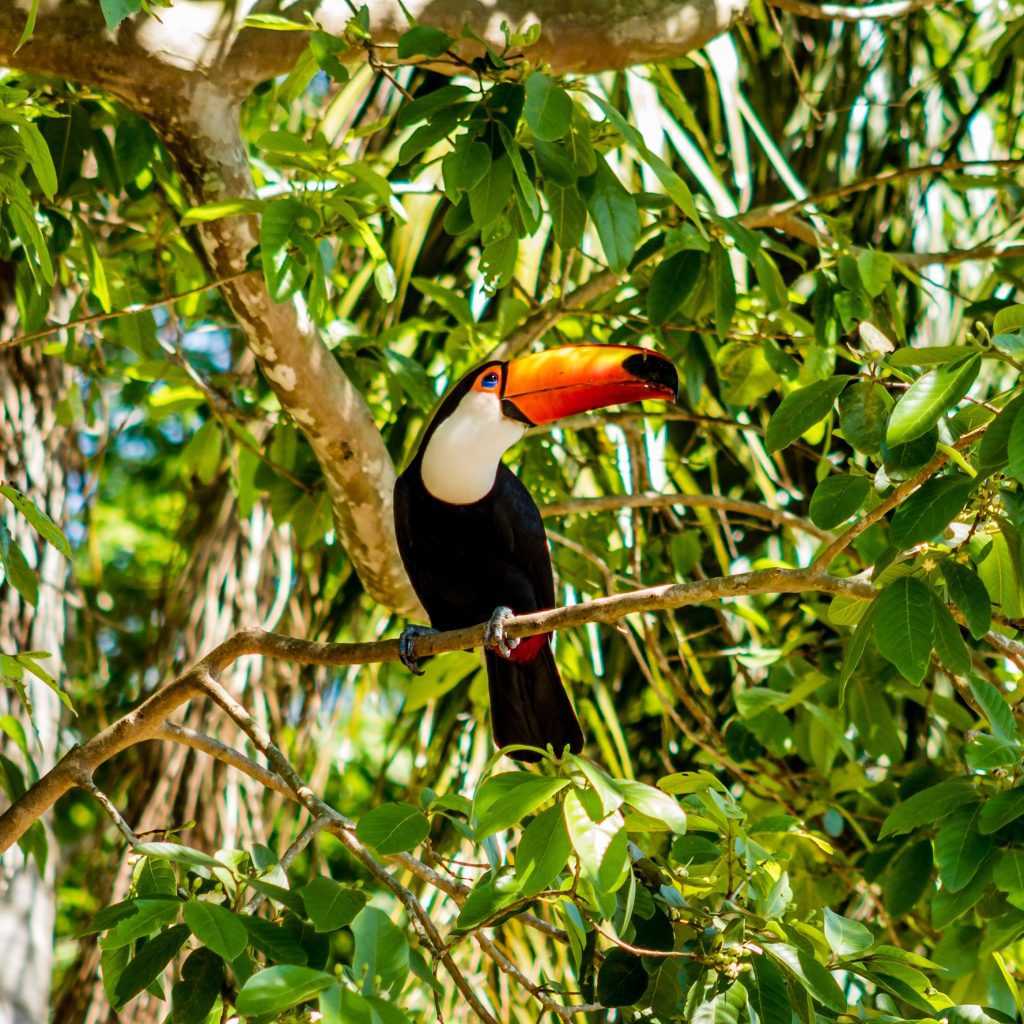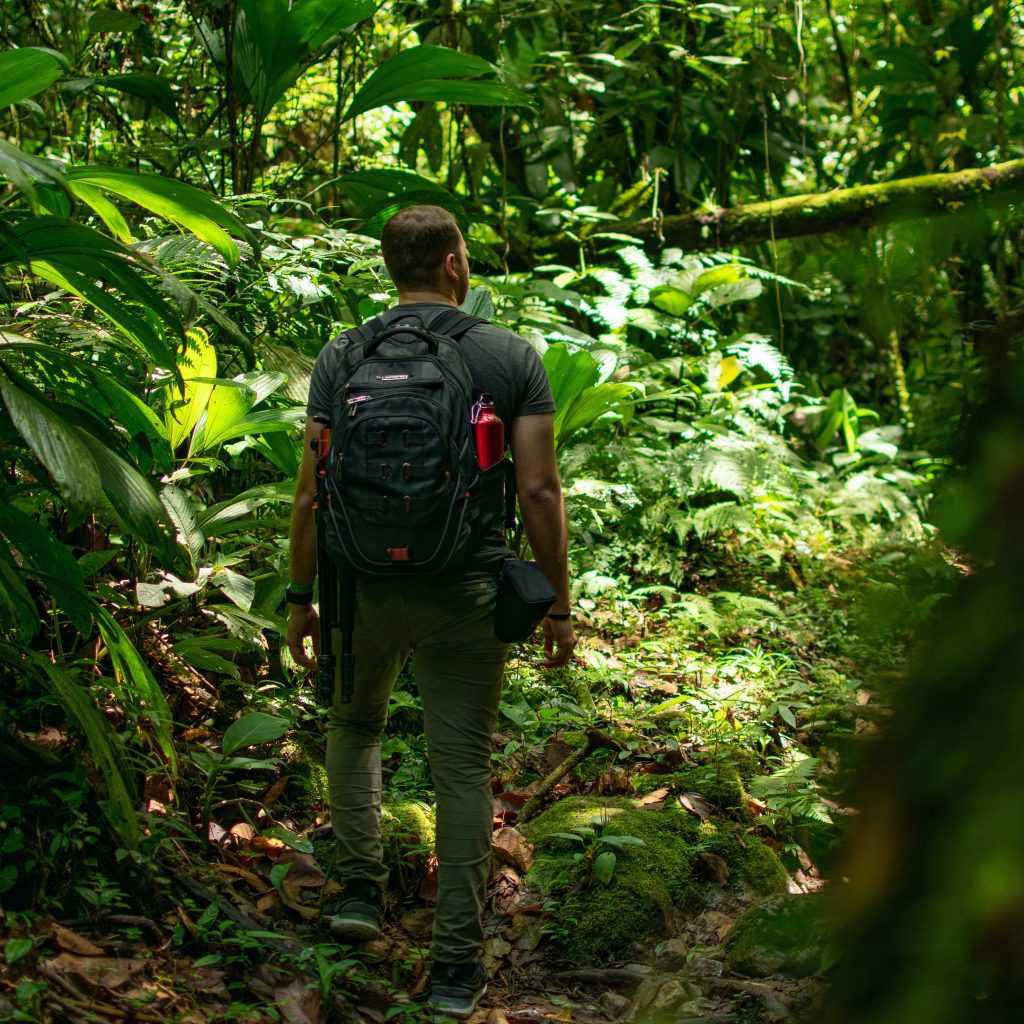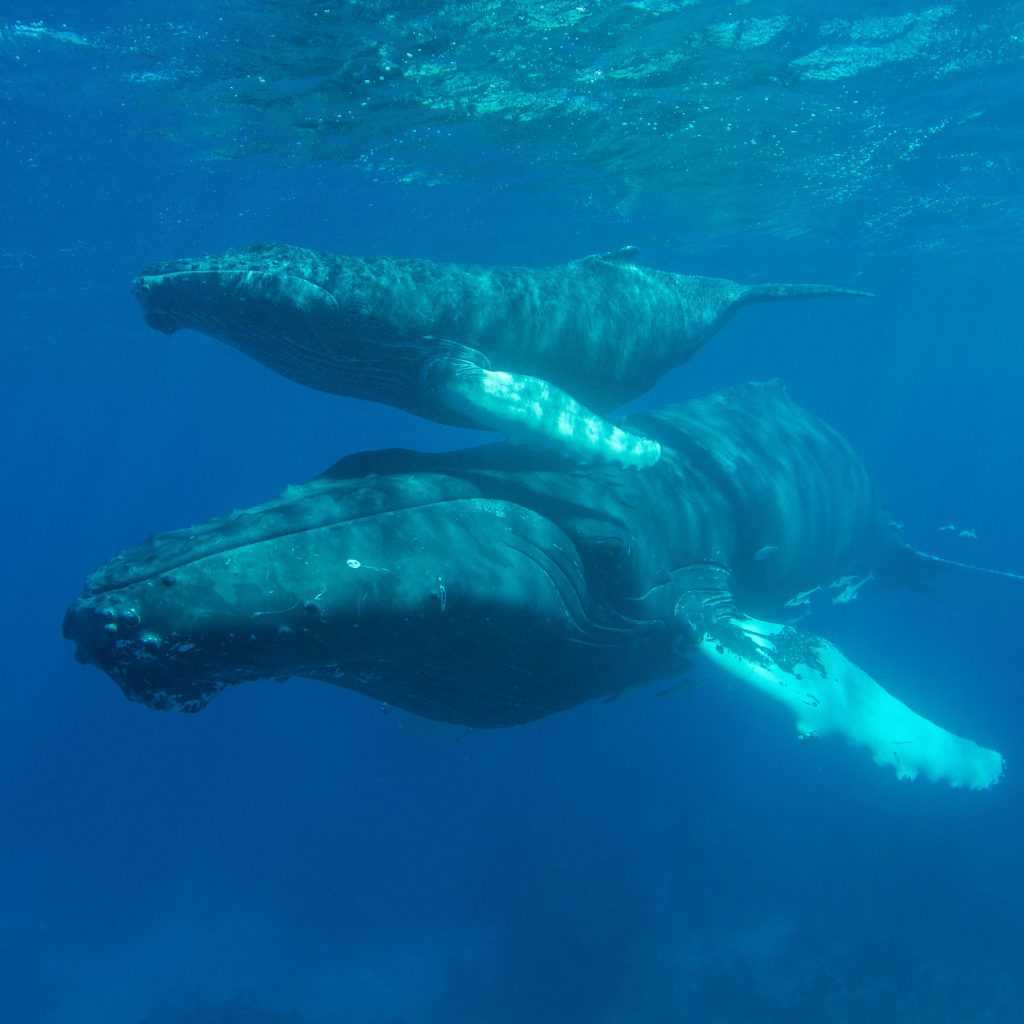Unveiling Nature's Hidden Wonders
In a world where environmental concerns are paramount, ecotourism emerges as a powerful and sustainable way to explore the planet while minimizing our ecological footprint. Unlike traditional tourism, ecotourism focuses on immersing travelers in the natural beauty and cultural heritage of a destination while actively promoting conservation efforts. Join us on a journey to discover the importance, advantages, and challenges of ecotourism, and learn how to identify greenwashing, all while exploring some popular destinations and activities.
Why is Ecotourism Important?
Ecotourism plays a vital role in preserving our planet’s biodiversity, fostering sustainable development, and supporting local communities. By prioritizing environmental conservation, it promotes the long-term well-being of ecosystems, protects endangered species, and maintains the delicate balance between human activity and nature. Additionally, ecotourism empowers local communities by providing them with alternative livelihoods and incentivizing the preservation of their cultural heritage.

Advantages of Ecotourism:
1. Conservation and Preservation: Ecotourism actively contributes to the conservation and protection of natural resources, fragile ecosystems, and wildlife habitats. This sustainable approach ensures that future generations can also enjoy the wonders of our planet.
2. Community Empowerment: By engaging local communities in the tourism industry, ecotourism creates economic opportunities, encourages cultural preservation, and helps alleviate poverty. Visitors directly contribute to the well-being of these communities through their support.
3. Educational and Transformative Experiences: Ecotourism provides travelers with unique opportunities to learn about nature, indigenous cultures, and sustainable practices. These experiences inspire visitors to become advocates for environmental conservation, leading to positive changes in their own lives and communities.
Disadvantages and Challenges:
1. Limited Accessibility: Some ecotourism destinations may be remote or require specialized transportation, making them less accessible to all travelers. However, this limitation can also contribute to the preservation of fragile ecosystems by reducing mass tourism.
2. Cost Considerations: Due to the sustainable practices involved, ecotourism experiences may come at a higher cost than traditional tourism. However, these expenses often contribute directly to local conservation and community initiatives.
3. Balancing Tourism and Conservation: Managing the influx of visitors in ecologically sensitive areas can be challenging. Proper planning and regulations are crucial to mitigate potential negative impacts on the environment and wildlife.

How is Ecotourism Different from Traditional Tourism?
Unlike traditional tourism, which often prioritizes sheer numbers and profit, ecotourism adopts a responsible and sustainable approach. It focuses on minimizing negative impacts on the environment, supporting local communities, and creating meaningful connections with nature. Ecotourism seeks to educate, inspire, and create awareness about environmental conservation, encouraging travelers to become stewards of the planet.
Elements of Ecotourism:
1. Environmental Sustainability: Ecotourism adheres to practices that conserve natural resources, reduce waste, and minimize pollution. Accommodations and activities are designed to have minimal impact on the environment.
2. Cultural Immersion: Ecotourism emphasizes interactions with local communities, providing travelers with authentic cultural experiences while respecting and preserving indigenous traditions and knowledge.
3. Education and Awareness: A fundamental element of ecotourism is raising awareness about the environment, conservation issues, and sustainable practices. Visitors are encouraged to learn, appreciate, and actively participate in conservation efforts.

Popular Ecotourism Destinations and Activities:
1. Costa Rica: With its diverse rainforests, abundant wildlife, and commitment to sustainability, Costa Rica is a leading ecotourism destination. Activities include hiking through lush national parks, wildlife spotting, and experiencing sustainable agriculture practices.
2. Galapagos Islands: These isolated islands, home to unique species found nowhere else on Earth, offer an unparalleled ecotourism experience. Snorkeling, diving, and guided wildlife tours allow visitors to witness the wonders of evolution up close.
3. Borneo: As one of the most biodiverse regions on the planet, Borneo offers remarkable ecotourism opportunities. Exploring ancient rainforests, encountering orangutans and proboscis monkeys, and engaging in sustainable community projects are highlights of this destination.

Unmasking Greenwashing:
Greenwashing refers to the deceptive marketing practices employed by some companies or organizations to present a false image of environmental responsibility. To recognize greenwashing, look for clear evidence of sustainability practices such as eco-certifications, transparent reporting, and partnerships with local conservation initiatives. Scrutinize claims that seem too good to be true and research the company’s track record on environmental initiatives.
Ecotourism emerges as a beacon of hope for our planet, offering travelers the opportunity to explore nature’s hidden wonders while actively participating in conservation efforts. By embracing ecotourism, we can forge a path towards a sustainable future, ensuring the preservation of our fragile ecosystems and the well-being of local communities. Let us embark on this journey together, leaving behind only footprints and taking home memories that will last a lifetime.



0 Comment